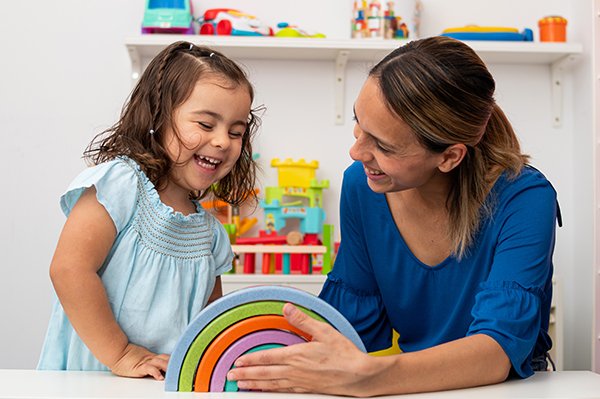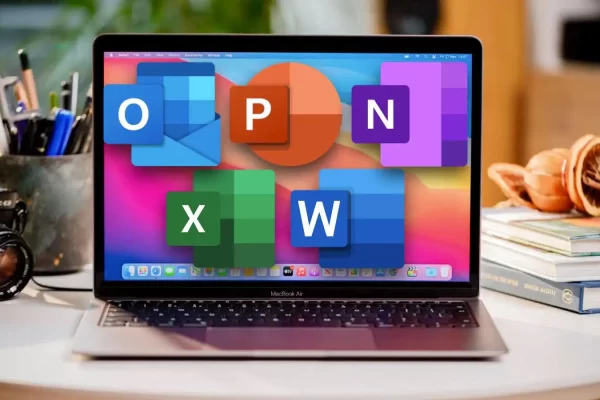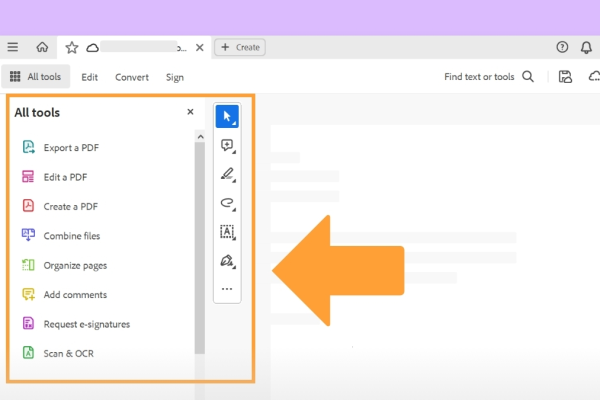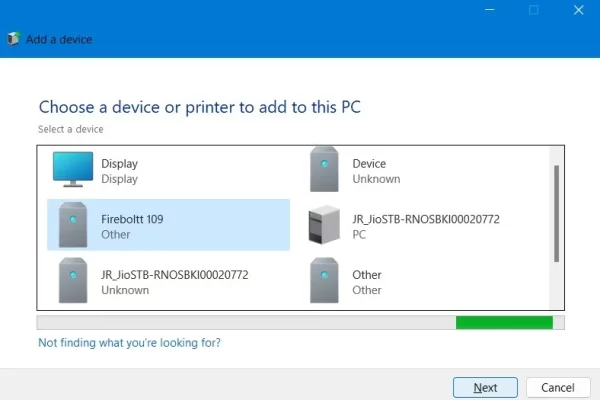Effective communication between parents and teachers is a cornerstone of a child’s educational success. When parents and teachers collaborate and share insights, it creates a supportive and conducive learning environment that nurtures a child’s growth and development. In this guide, we will explore the art of effective communication with your child’s teachers, offering practical tips and strategies for building strong partnerships and fostering a positive educational experience.
The Importance of Communication.
Communication between parents and teachers is vital for several reasons:
- Holistic Understanding – Parents possess unique insights into their child’s personality, habits, strengths, and weaknesses, which can contribute to a more comprehensive understanding of the child’s learning needs.
- Supporting Consistency – When parents and teachers communicate regularly, they can ensure consistent expectations and approaches at home and in the classroom.
- Early Intervention – Effective communication can lead to early identification of learning challenges, enabling timely intervention and support.
- Enhanced Motivation – Children thrive when they witness a unified effort between their parents and teachers, promoting a sense of motivation and responsibility.
- Building Trust – Open communication fosters trust and mutual respect between parents and teachers, creating a strong foundation for collaboration.
Strategies for Effective Communication.
- Establish a Positive Relationship – Begin the school year by introducing yourself to your child’s teacher. Share your contact information and express your willingness to collaborate. A warm and positive introduction sets the tone for effective communication.
- Attend Parent-Teacher Conferences – Parent-teacher conferences provide structured opportunities to discuss your child’s progress. Prepare for these meetings by jotting down questions or concerns you’d like to address. Be open to hearing the teacher’s perspective and insights.
- Utilize Digital Platforms – Many schools use digital platforms or apps to facilitate communication. Stay connected by checking these platforms regularly for updates, assignments, and announcements.
- Initiate Regular Check-Ins – Don’t wait for formal conferences to communicate. Reach out to the teacher periodically to check on your child’s progress and well-being. These informal conversations can provide valuable insights.
- Be Clear and Concise – When communicating with teachers, be clear about your questions, concerns, or suggestions. Provide relevant context and focus on the key points you want to discuss.
- Listen Actively – Communication is a two-way street. Listen attentively to the teacher’s feedback and insights. Ask clarifying questions and seek to understand their perspective.
- Respect Different Communication Styles – Teachers come from diverse backgrounds and communication styles. Adapt your approach to match the teacher’s preferred mode of communication – whether it’s email, phone calls, or in-person meetings.
- Acknowledge Achievements – Celebrate your child’s successes and achievements with the teacher. Positive feedback can boost a child’s confidence and strengthen the parent-teacher partnership.
- Address Concerns Respectfully – If you have concerns about your child’s academic performance or well-being, address them with the teacher in a respectful and non-confrontational manner. Approach the conversation as a collaborative problem-solving effort.
- Volunteer and Participate – Offer to volunteer for classroom activities or school events. Active involvement demonstrates your commitment to your child’s education and provides more opportunities for interaction with teachers.
- Share Home Insights – Inform the teacher about any significant events or changes at home that might impact your child’s behaviour or mood. This information can help the teacher provide appropriate support.
- Provide Constructive Feedback – If you have suggestions for improvement, frame them as constructive feedback rather than criticism. Focus on the desired outcomes and work together to find solutions.
Conclusion.
Effective communication between parents and teachers lays the foundation for a successful educational journey for your child. By establishing positive relationships, maintaining open channels of communication, and embracing collaboration, you can create a supportive learning environment that nurtures your child’s growth, development, and academic success. Remember, the art of effective communication is a continuous process that requires patience, understanding, and a shared commitment to your child’s well-being and future.





